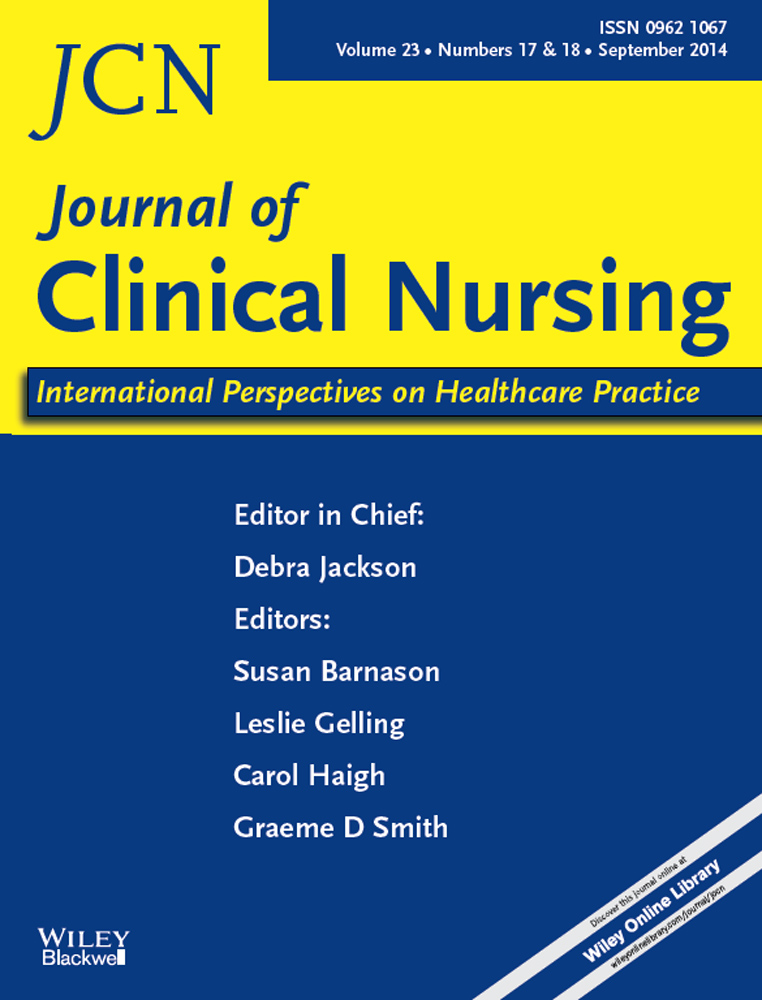Nutrition and hydration in dying patients: the perceptions of acute care nurses
Abstract
Aims and objectives
To explore the perceptions of nurses regarding the provision and nonprovision of medical nutrition and hydration during the end stage of life when death is imminent in the acute care setting.
Background
When people are dying, they often experience a loss of appetite and desire for drinking which are natural processes at this time. The cessation of eating and drinking challenges both family members and clinical staff. This article builds on previous studies that describe the perceptions of medical doctors and palliative care nurses regarding medical nutrition and hydration during the end stage of life when death is imminent.
Design
Qualitative descriptive design.
Methods
This study included three focus group meetings with ten nurses in an acute care setting in medical, oncology and haematology units. An interview schedule was used to guide the discussions.
Results
The main theme to emerge from this study was ‘finding a comfort space/ambiguous spaces of unrest’ that included four subthemes: (1) limited involvement in decision-making, (2) comfort vs. discomfort, (3) uncertainty and (4) the comfort of withdrawing treatment. Finding a comfort space captures the challenges nurses faced when speaking about the concerns of patients and family. In this space, there were ambiguities that created unease and unrest: a reluctance to talk about death; a reluctance to engage with the patient and the family.
Conclusions
Acute care nurses need to be more cognisant of the palliative approach to care and become more engaged with decision-making during the end stage of life when death is imminent.
Relevance to clinical practice
Nurses in acute care settings need to be involved in decision-making and advocate for patients and family during the dying phase. Nurses in acute care need better understanding about the palliative approach to care and nutrition and hydration for people who are dying.




